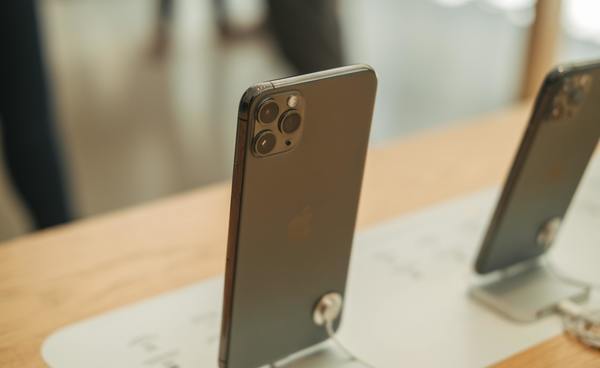
This phone seemed like a better idea when I bought it.
When it comes to smartphones, I sort of realize I’m not a normal consumer of them. I have evolved to prefer slightly more high-end devices, and still like to upgrade to the latest devices.
I’m almost a year into owning the OnePlus 9 Pro, which I bought via an installment plan from T-Mobile. And as that phone has sort of evolved over the last year, I’ve basically had deep buyer’s remorse set in not because of the hardware, but the software. Essentially, OnePlus has (since I bought the device) made changes to its business structure, which have played out as changes to its commitment to end users, particularly when it comes to software support.
I had gotten quite used to fairly regular updates on my OnePlus 6t and 7 Pro devices, but those slowed to a trickle by the time that I got to the 9 Pro, a device that has generally been pretty buggy on the software end (and I haven’t even seen the worst of it). And given the company’s changes behind the scenes, which suggest an end-of-the-road to the software experience I’m used to, I sort of want off this train. It’s gotten so bad that I’m longingly looking at used versions of the 7t Pro, a slightly upgraded version of the 7 Pro that supports 5G, and wondering if I should buy it cheap and just downgrade, even if it removes the one feature I genuinely like from the 9 Pro—wireless charging.
So as a result, I’ve been looking to upgrade my installment plan on T-Mobile for a while, seeing if there’s something I can JUMP to. (T-Mobile’s popular JUMP option makes it possible to upgrade after you’ve paid off half of the device’s full cost, as long as you return the old phone in good working condition.) And lately, I’ve noticed that a lot of phones come with lengthy installment plans that they didn’t used to—timing to as long as 36 months in some extreme cases.

Ready to commit for three years? (George Beridze/Unsplash)
It turns out that this is something of a trend, and one that Verizon is jumping into with both feet. Now, phone plans from the company are 36 months in length by default, meaning that, unless you start accelerating your payment plans, you’re stuck with the same phone for three years, no matter how much you love or hate it.
In many ways, this reflects a shift in the way we as consumers consume phones—users like me, who prefer having up-to-date phones, are slowly turning into the minority, while users like my wife, who frequently speaks of trying to get a decade out of her iPhone 12 Mini, are far more in the majority.
But I also wonder if as phone buyers, the contract thing is becoming kind of old hat anyway. Here’s the case I make: As I am not a fan of the phone I currently own, I have taken to occasionally stopping by the T-Mobile store to consider my other options. One of the things I’ve noticed while there is how much the gap has narrowed between the $200 and $300 phones and the $800 phones, especially on the Android end of the equation.
https://bsky.app/profile/shortformernie.bsky.social/post/3l7qrh4gpwo2f
Which raises the question: At what point do the $200 phones become good enough that the high-end users who are willing to spend $1,000 on a phone become the luxury exception, because the inexpensive phones simply cover the delta of price, feature set, and capability, and regular consumers see these devices as commodities—not even worthy of buying on a contract?
I think this explains why I see buying a used version of a phone that I owned and really liked a year ago as a good potential option. At some point, the contract will become obsolete, because the audience that finds the more high-end feature sets worthy of tying their money into a contract will continue to grow smaller.
Time limit given ⏲: 30 minutes
Time left on clock ⏲: 3 minutes, 17 seconds



